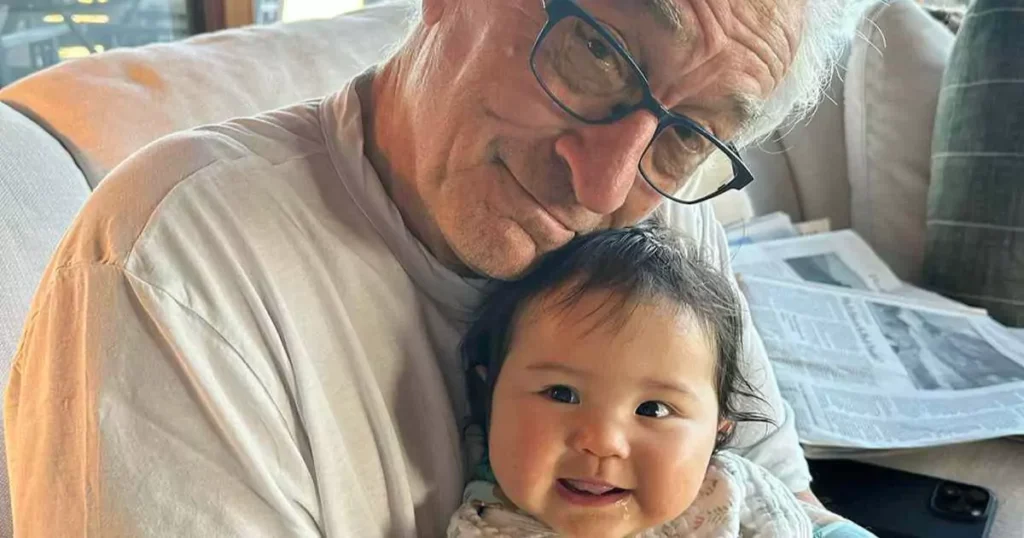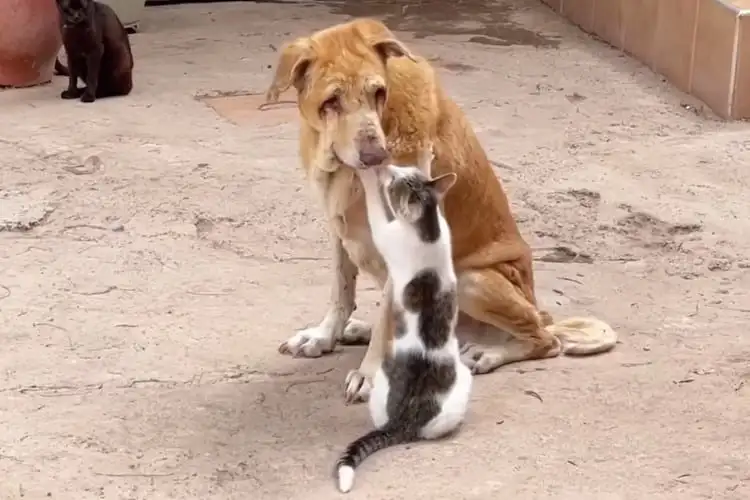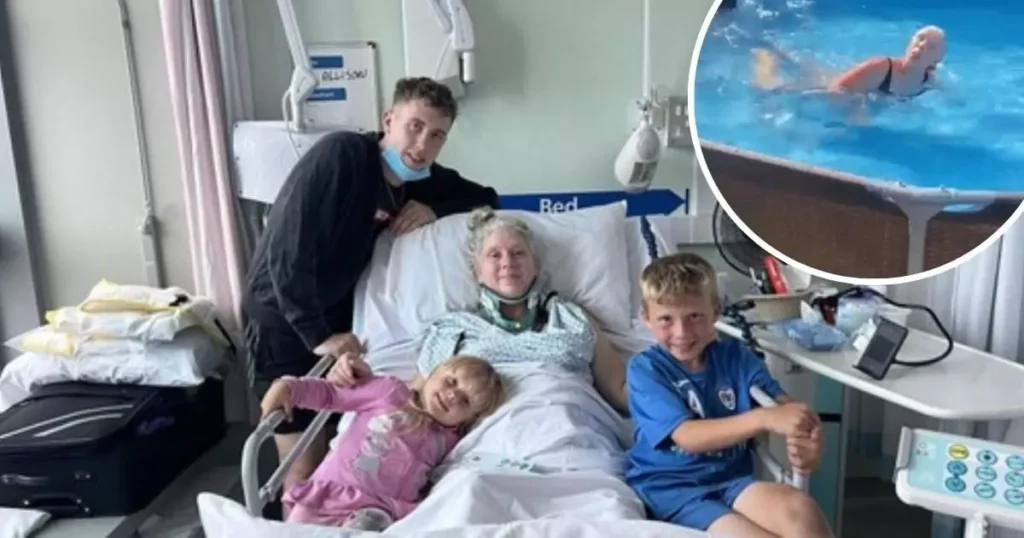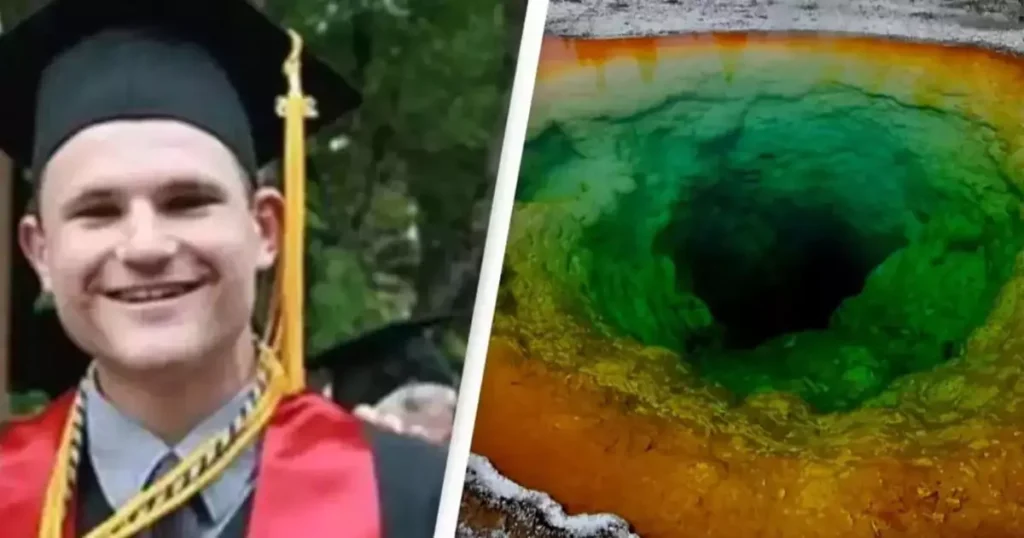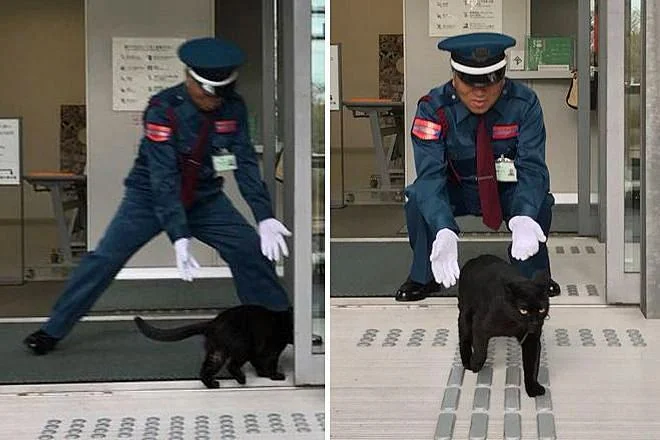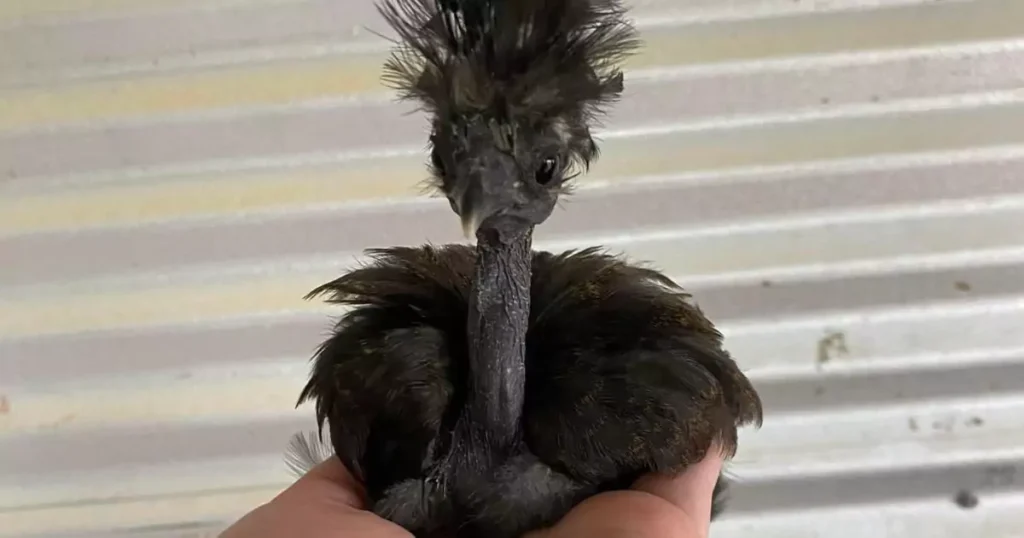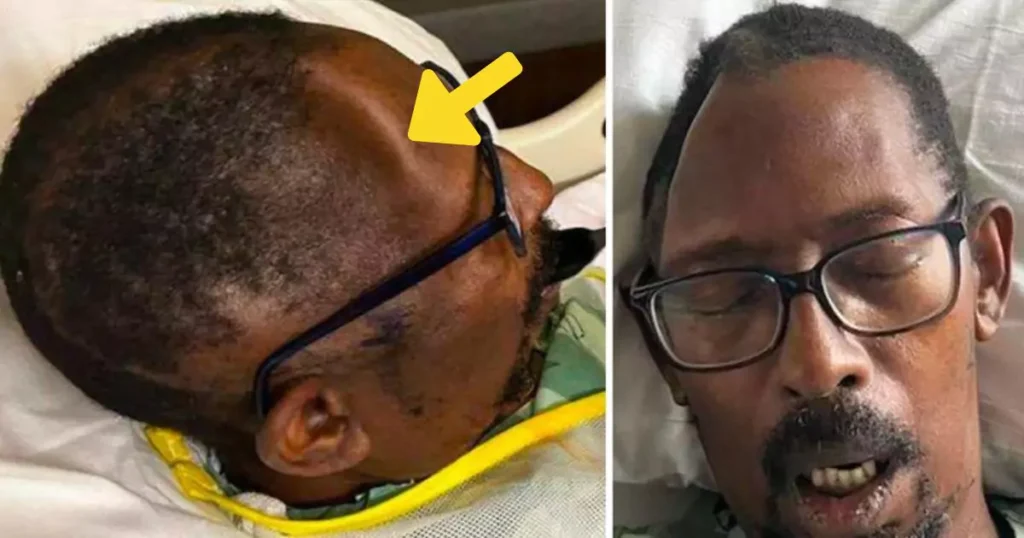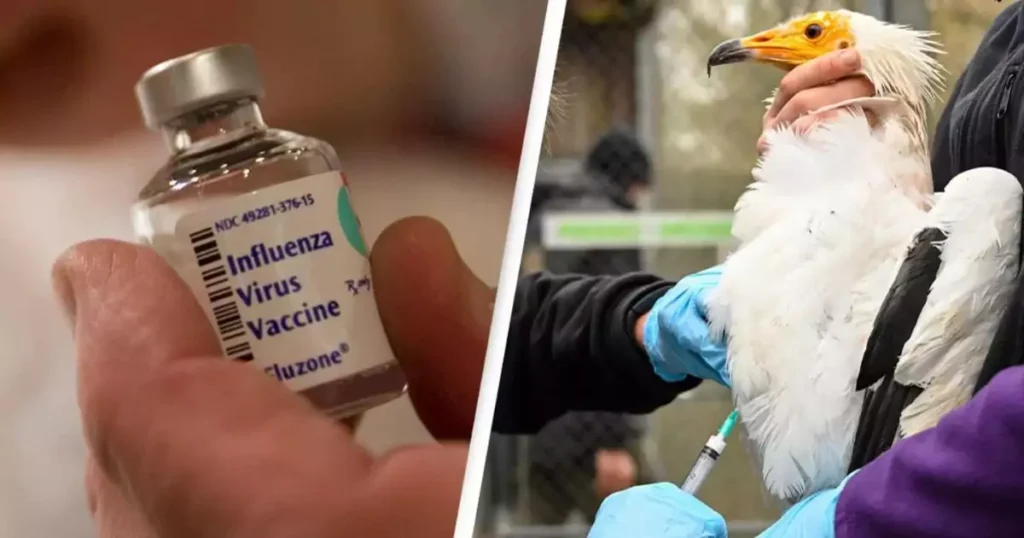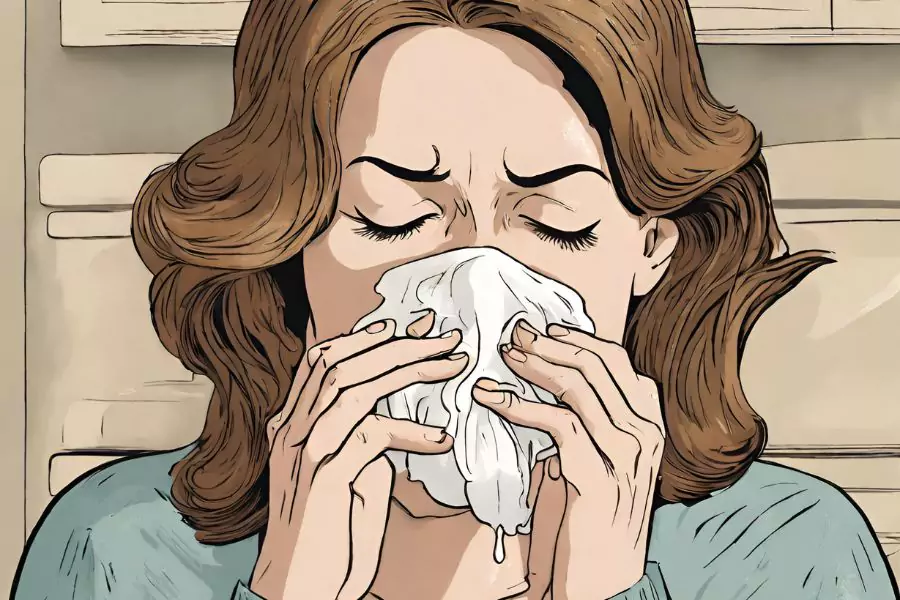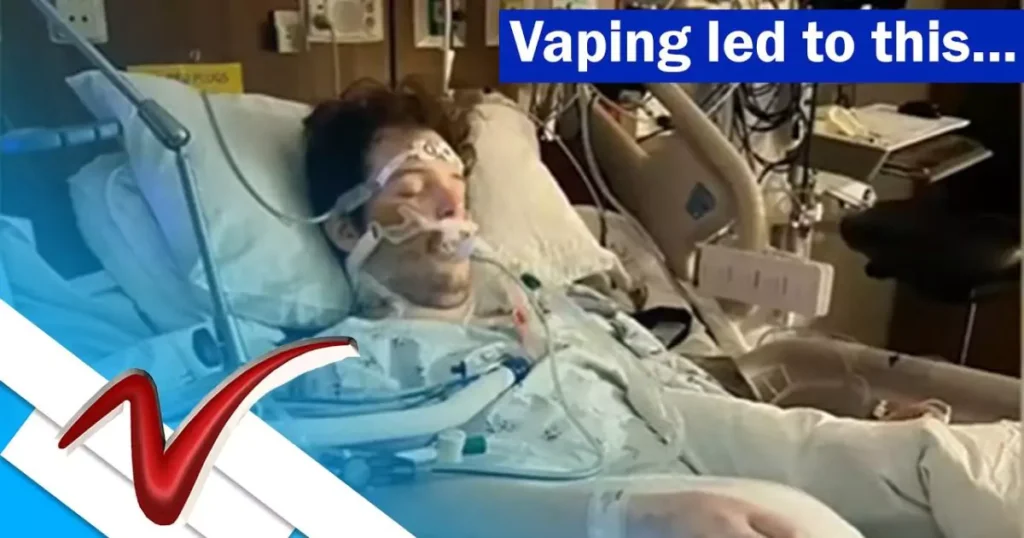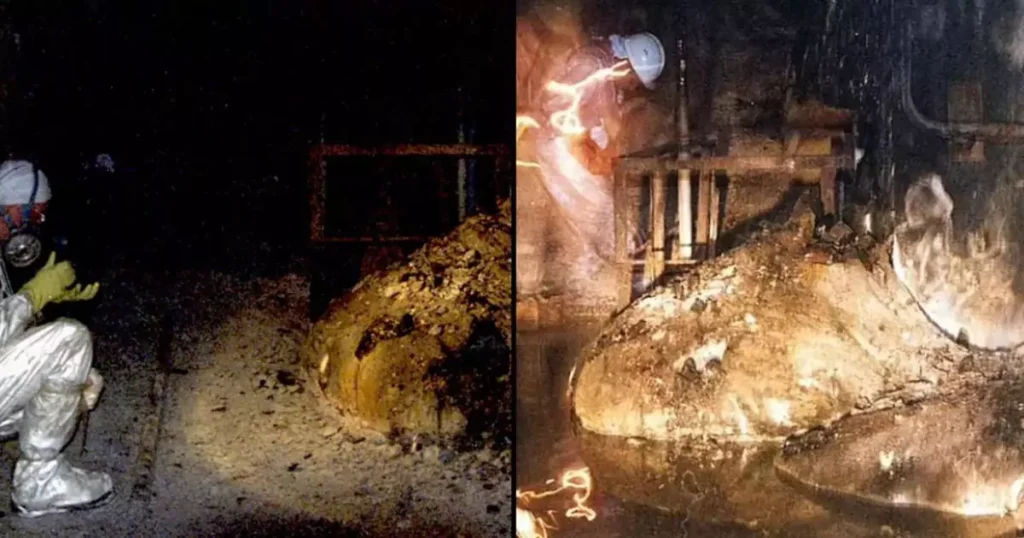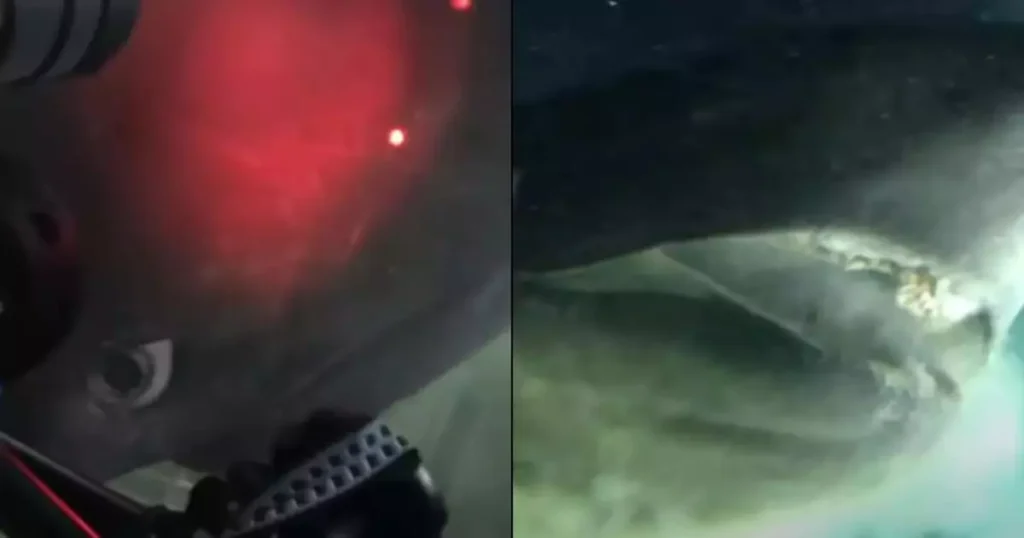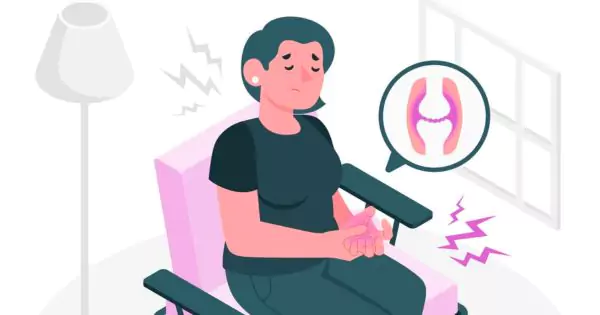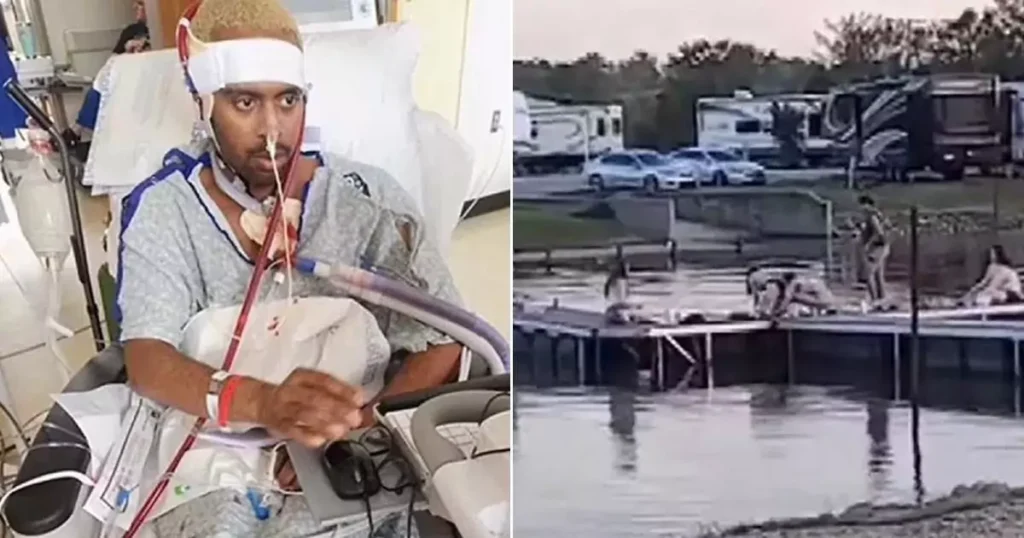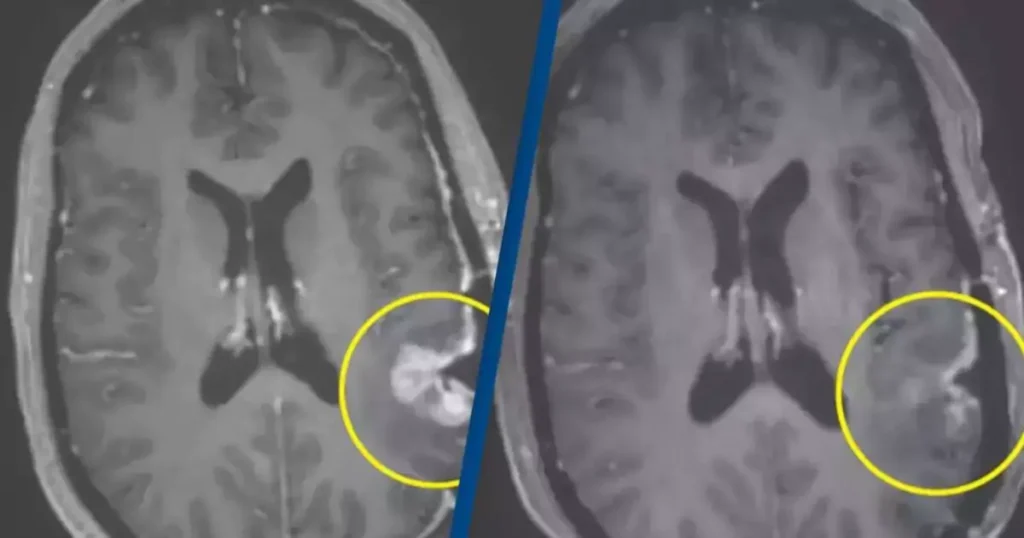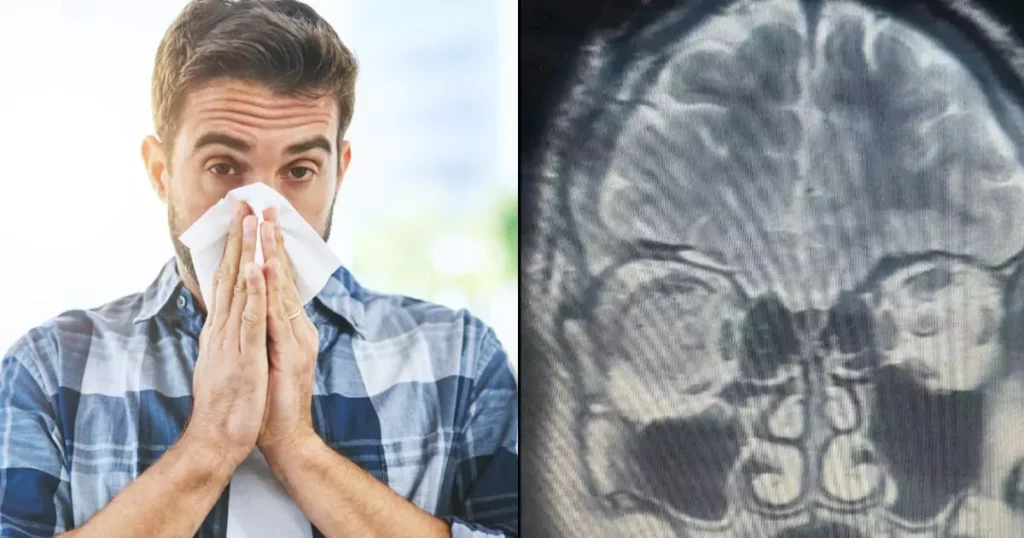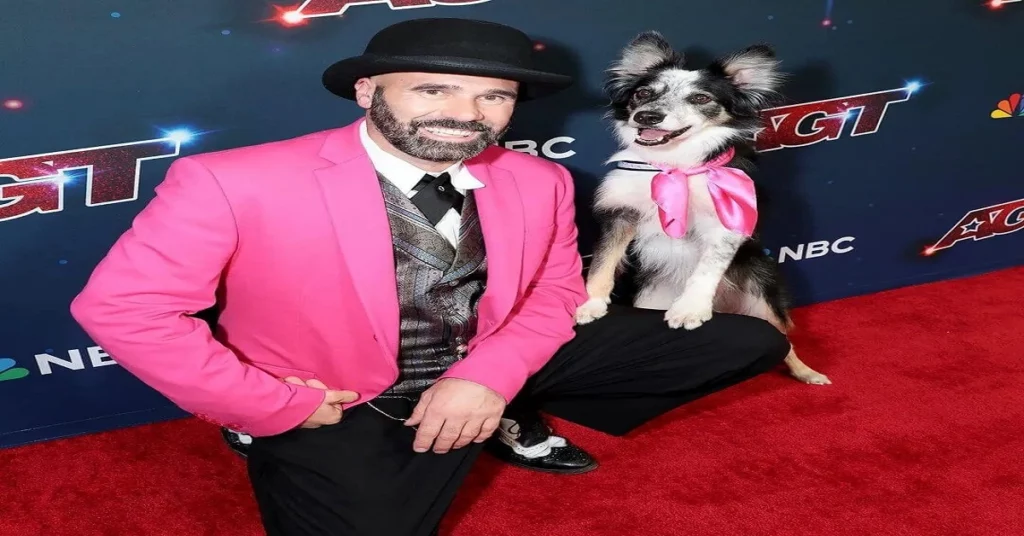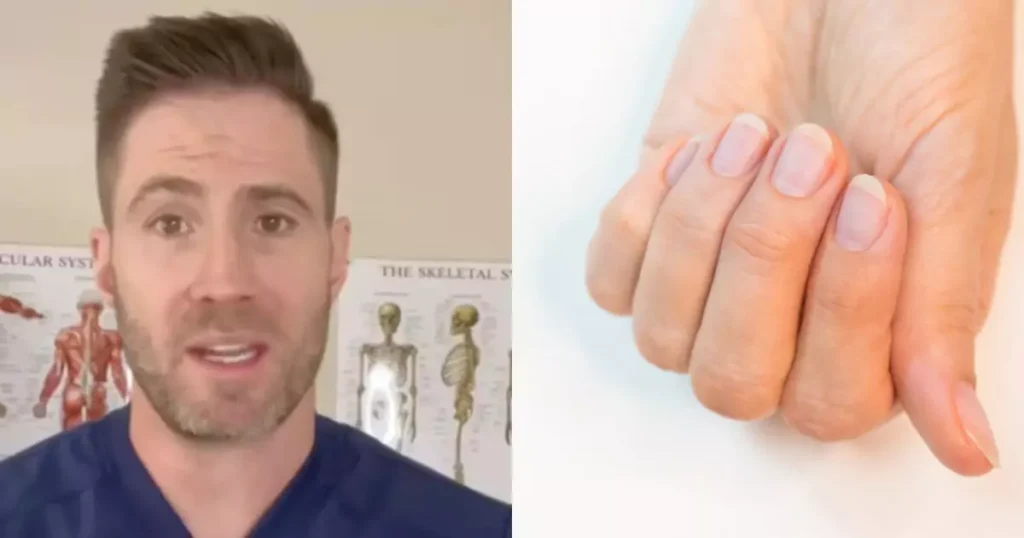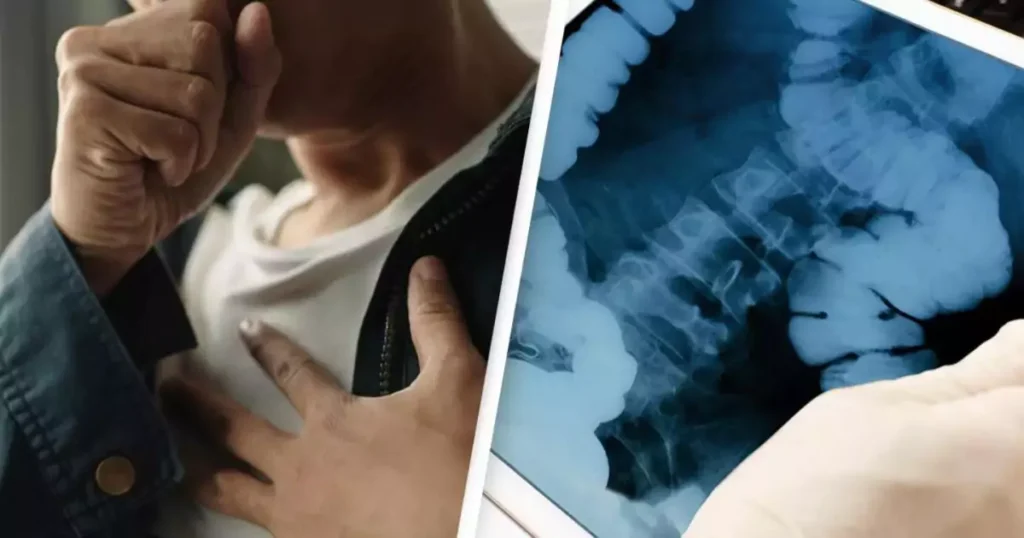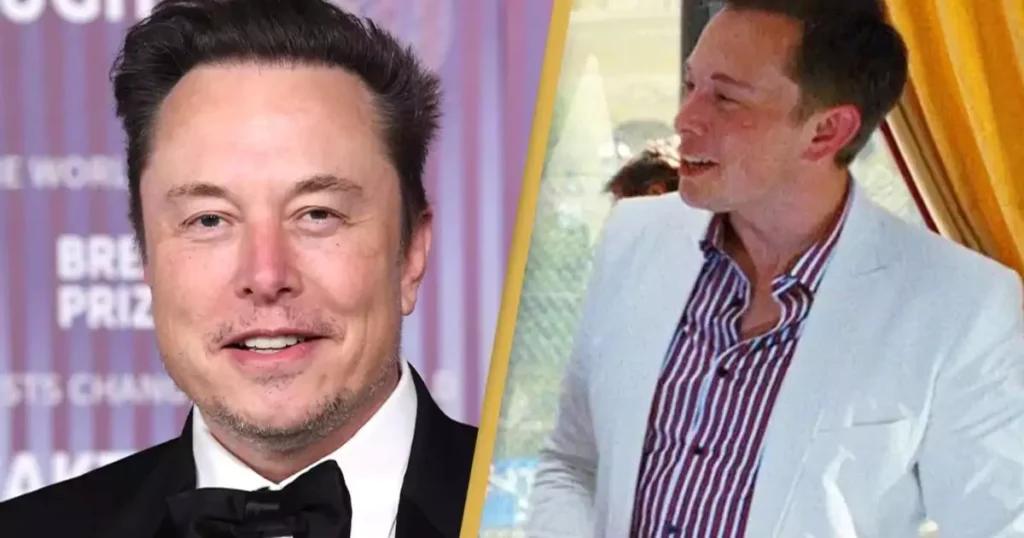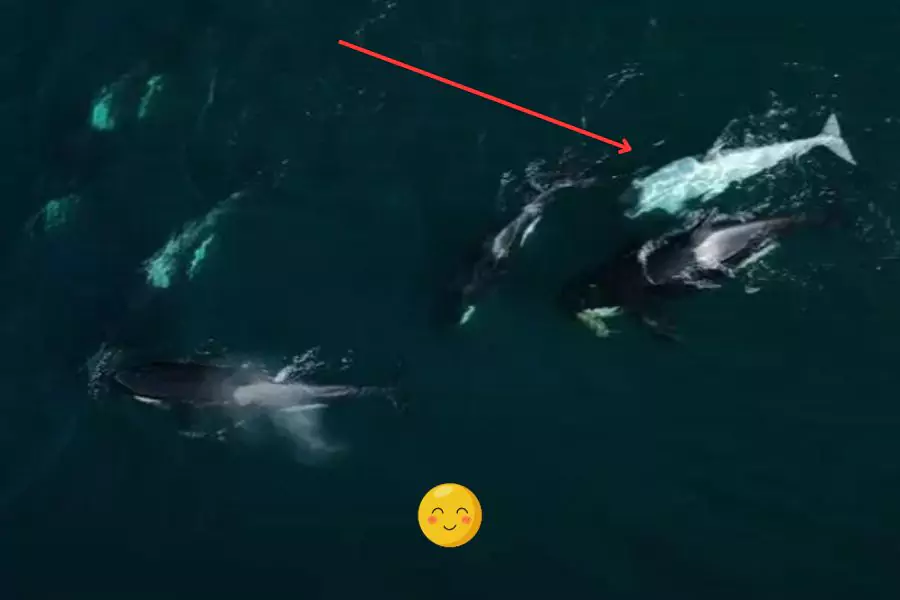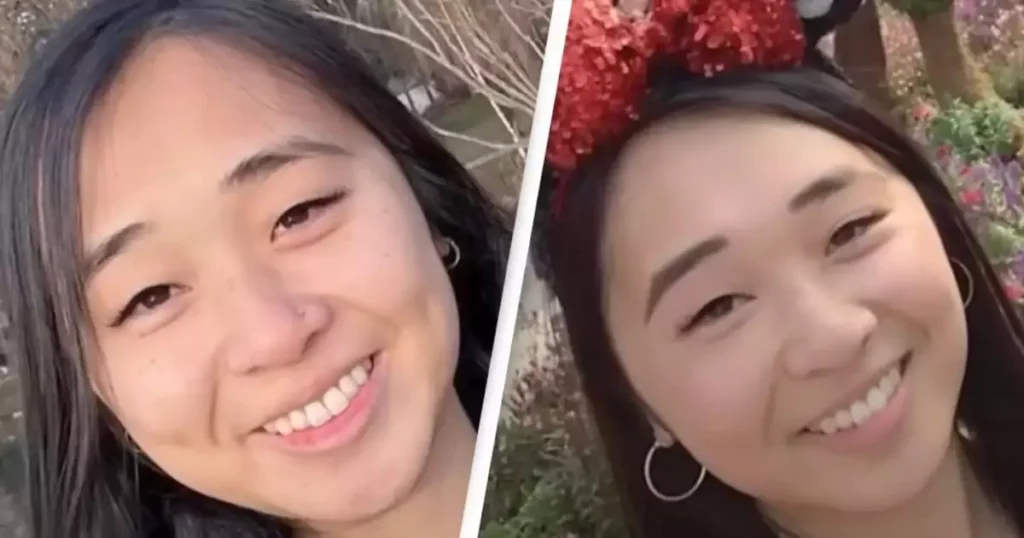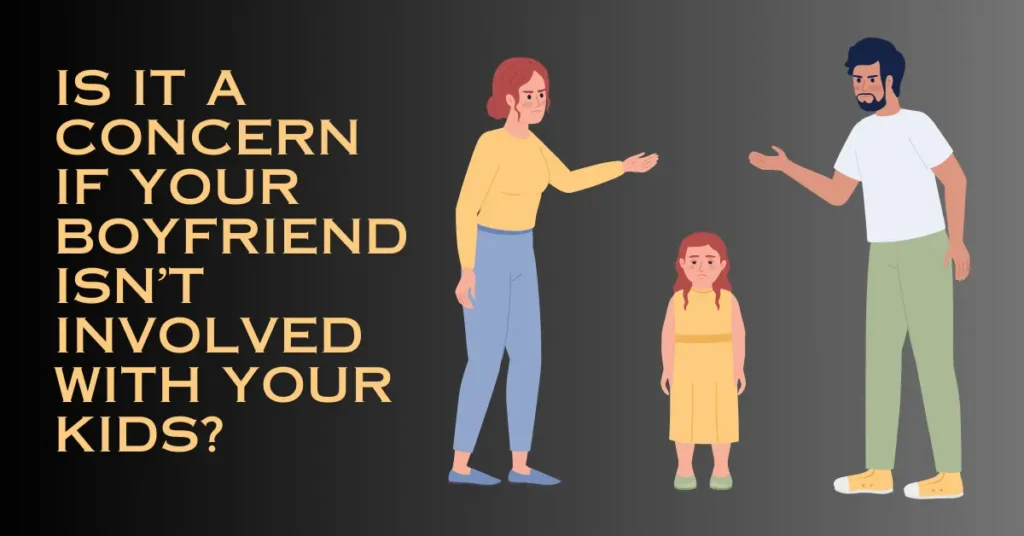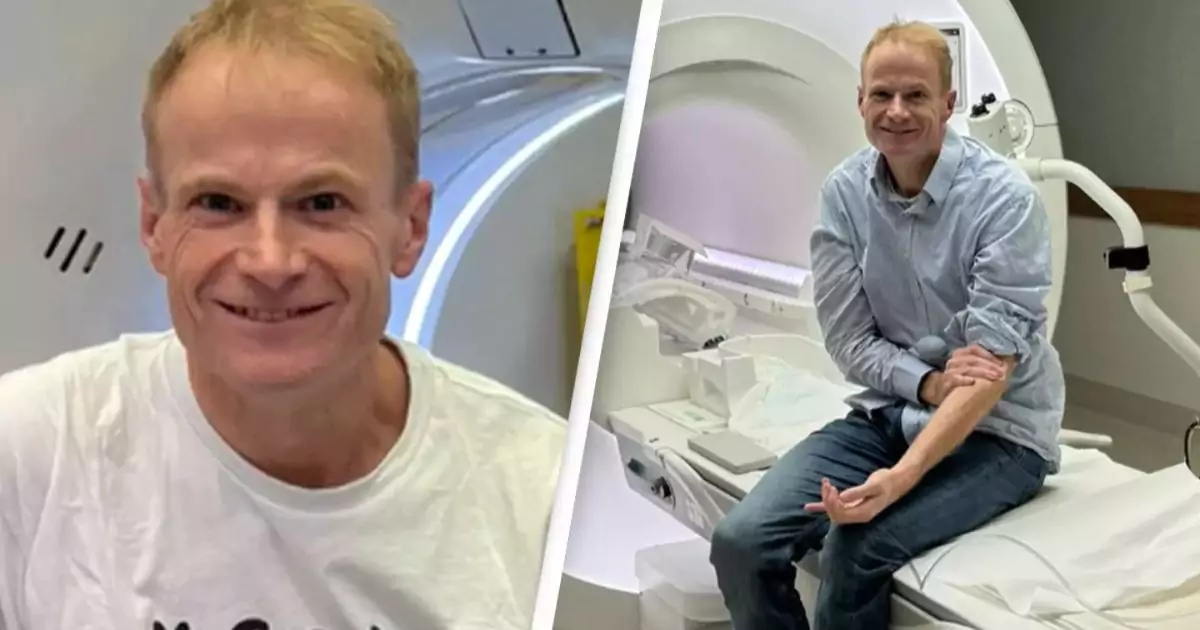
In a groundbreaking development, Australian pathologist Dr. Richard Scolyer has provided a remarkable update one year after undergoing a world-first treatment for his terminal brain cancer diagnosis. Dr. Scolyer, a co-director of the Melanoma Institute Australia, was diagnosed with glioblastoma, an aggressive type of brain tumor, and chose to pioneer an experimental treatment based on his own melanoma research.
A Life-Changing Diagnosis
At 56 years old, Dr. Scolyer was faced with a devastating diagnosis. Glioblastoma is known for its poor prognosis, with The Brain Tumour Charity stating that the average survival time is 12-18 months. Only 25% of patients survive more than a year, and a mere 5% survive beyond five years. Determined to fight the disease, Dr. Scolyer turned to his expertise in cancer research to develop a treatment plan that could potentially save his life.
Innovative Approach to Cancer Treatment
Dr. Scolyer’s groundbreaking work in melanoma treatment involved a combination of immunotherapy and surgery. Immunotherapy boosts the immune system to help the body identify and destroy cancer cells. This approach had been successful in treating melanoma, leading to cures in some patients. Inspired by these results, Dr. Scolyer decided to apply a similar strategy to his brain cancer treatment, making himself “patient zero.”
The Experimental Treatment
The experimental treatment for glioblastoma combined several advanced medical techniques: immunotherapy, surgery, radiotherapy, and a personalized vaccine. This comprehensive approach aimed to target the tumor aggressively and enhance the body’s immune response to combat the cancer cells. The use of a personalized vaccine was particularly innovative, designed to train the immune system to recognize and attack the specific cancer cells in Dr. Scolyer’s body.
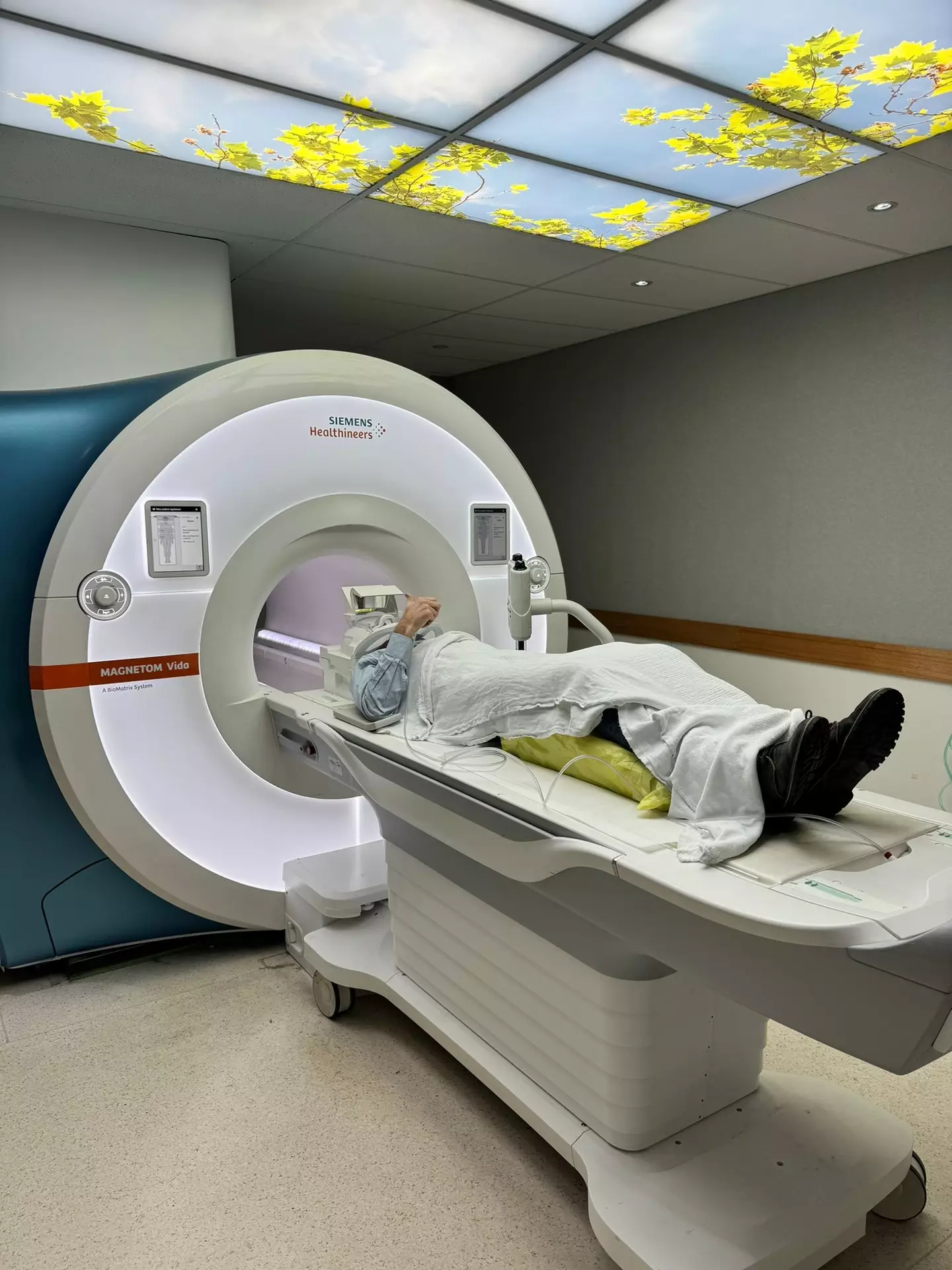
One Year Later: Cancer-Free
On May 13, Dr. Scolyer shared an update on his X (formerly Twitter) account, revealing that his latest MRI scan showed no signs of cancer recurrence. The post included two images: one of him lying down before entering the MRI scanner and another of him smiling while sitting on the examination table. The caption read, “I had a brain #MRI scan last Thursday looking for recurrent #glioblastoma (&/or treatment complications). I found out yesterday that there is still no sign of recurrence. Thank you to the fabulous team looking after me so well, especially my wife Katie & wonderful family!”
The Emotional Journey
Speaking to the BBC, Dr. Scolyer admitted he was “more nervous” for his one-year scan than any of the previous ones but expressed immense relief and joy with the results. While he acknowledges that a clear scan at one year does not mean his brain cancer is cured, it offers significant hope. He reflected, “It’s just nice to know that it hasn’t come back yet,” allowing him “more time to enjoy life” with his wife and children. He concluded, “[I] couldn’t be happier.”
Implications for Future Cancer Treatments
Dr. Scolyer’s success with his experimental treatment is not just a personal victory but also a beacon of hope for future cancer treatments. His willingness to apply his research to his condition and the success of this approach could pave the way for new treatments for glioblastoma and potentially other cancers. The innovative combination of immunotherapy, surgery, radiotherapy, and personalized vaccines represents a promising direction in cancer research.
The Importance of Immunotherapy in Cancer Treatment
Immunotherapy has become a crucial part of modern cancer treatment. By boosting the immune system, immunotherapy helps the body to better identify and destroy cancer cells. This approach can be particularly effective for cancers that are resistant to traditional treatments like chemotherapy and radiation. Dr. Scolyer’s use of immunotherapy in his treatment regimen underscores the potential of this method to improve outcomes for cancer patients.
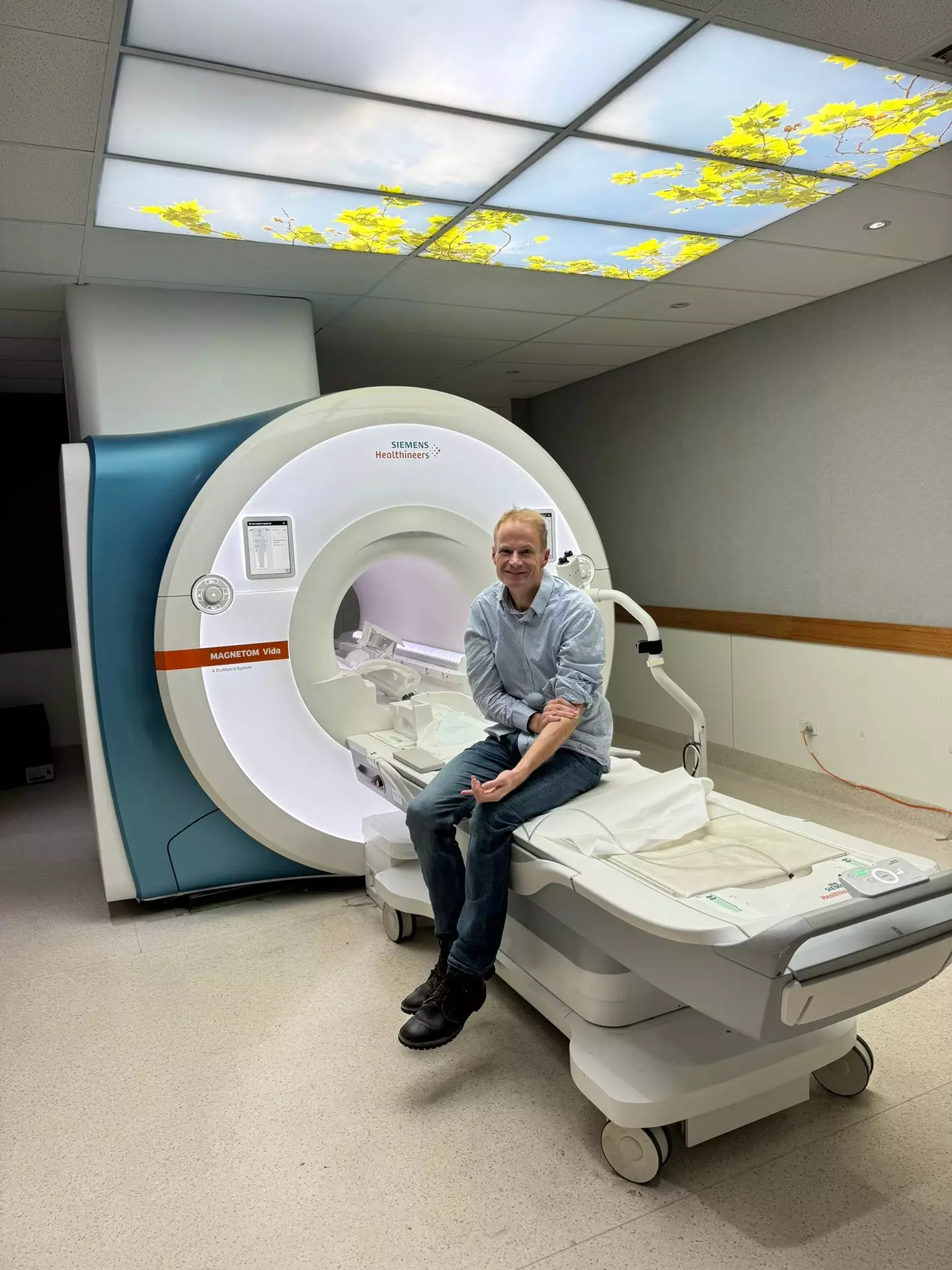
Personalized Cancer Vaccines
The development and use of personalized vaccines in cancer treatment is a cutting-edge area of research. These vaccines are tailored to the individual patient’s cancer, training the immune system to recognize and attack the specific cancer cells present in the body. Personalized vaccines represent a significant advancement in the fight against cancer, offering a more targeted and effective treatment option.
The Role of Advanced Surgery and Radiotherapy
Advanced surgical techniques and radiotherapy also played crucial roles in Dr. Scolyer’s treatment. Surgery aims to remove as much of the tumor as possible, while radiotherapy targets and destroys remaining cancer cells. The combination of these methods with immunotherapy and personalized vaccines creates a comprehensive treatment plan that addresses the cancer from multiple angles.
A New Hope for Glioblastoma Patients
Glioblastoma has long been considered one of the most challenging cancers to treat due to its aggressive nature and resistance to many forms of therapy. Dr. Scolyer’s innovative approach offers new hope for glioblastoma patients, demonstrating that a multi-faceted treatment strategy can lead to significant improvements in patient outcomes. This success story highlights the importance of continued research and development in the field of oncology.
The Future of Cancer Research
Dr. Scolyer’s journey is a testament to the power of medical innovation and the potential for new treatments to make a real difference in the lives of cancer patients. As researchers continue to explore the possibilities of immunotherapy, personalized vaccines, and other advanced treatment methods, the future of cancer research looks promising. The goal is to develop treatments that are more effective, less invasive, and tailored to the individual needs of each patient.
Public Health Implications
The success of Dr. Scolyer’s treatment has significant public health implications. It underscores the need for continued investment in cancer research and the development of new therapies. By supporting innovative research, we can improve survival rates and quality of life for cancer patients worldwide. Public awareness of new treatment options can also empower patients and families to seek out the best possible care.
Personal Reflections
Dr. Scolyer’s experience is a powerful reminder of the importance of hope and resilience in the face of a life-threatening diagnosis. His decision to apply his research to his treatment and become “patient zero” demonstrates incredible bravery and dedication to advancing medical science. His story is an inspiration to patients, families, and healthcare professionals alike.
Dr. Richard Scolyer’s remarkable journey from a terminal brain cancer diagnosis to being cancer-free one year after a world-first treatment is a testament to the power of medical innovation and the human spirit. His groundbreaking approach to treatment has not only saved his life but also offers hope for the future of glioblastoma and cancer research. By combining immunotherapy, advanced surgery, radiotherapy, and personalized vaccines, Dr. Scolyer has paved the way for new, more effective treatments.
As we look to the future, continued research and investment in cancer treatment are essential. The success of Dr. Scolyer’s experimental treatment highlights the potential of personalized medicine and advanced therapies to transform cancer care. With ongoing advancements in medical science, we can hope to see more stories of survival and triumph over cancer.
For those affected by cancer and seeking support, the American Cancer Society is available 24/7 every day of the year. You can contact them at 1-800-227-2345 or via their live chat feature for confidential assistance.





